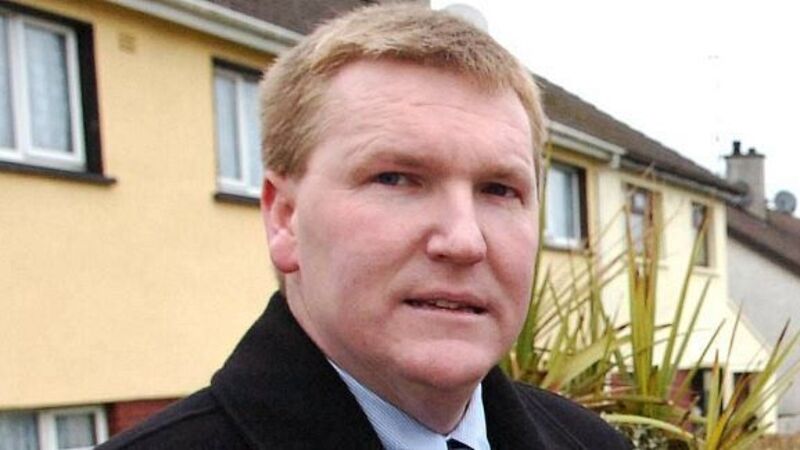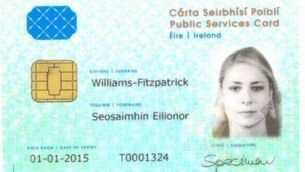Fianna Fáil call for law to rein in banks

The party’s finance spokesman, Michael McGrath, says banks have ignored Government calls for them to act on the issue and now need to be forced into line.
Introducing opposition legislation to move against the banks, Mr McGrath said this is the last chance to take action before the general election which must be held by next spring.













